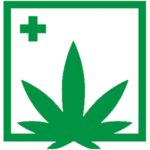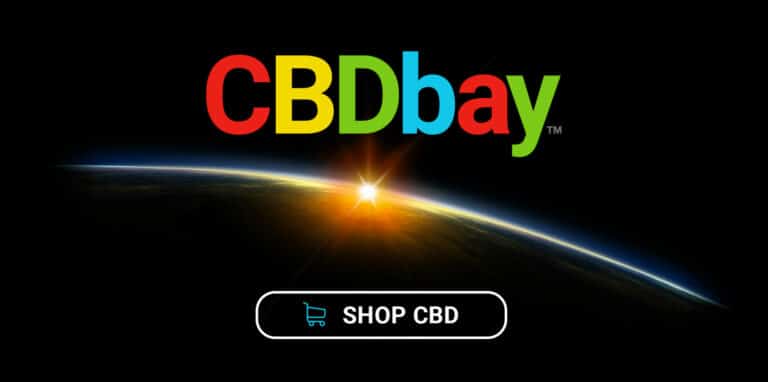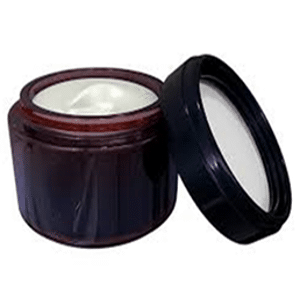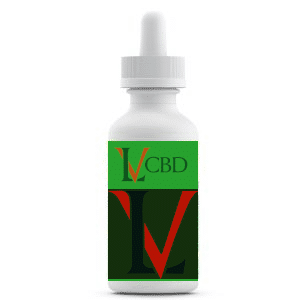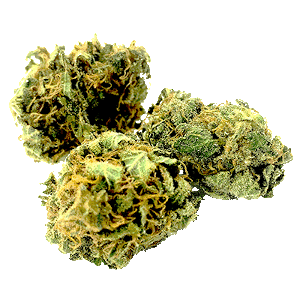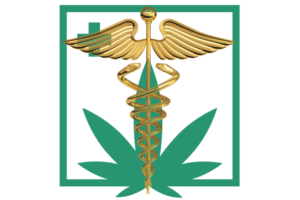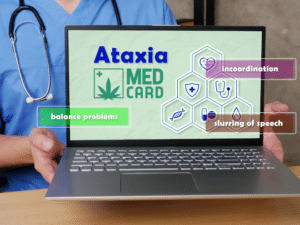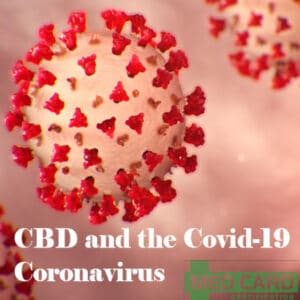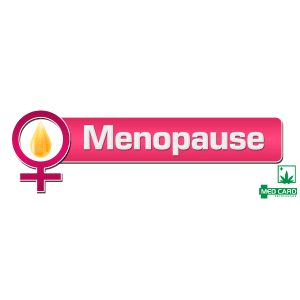How To Get An Iowa Marijuana Card
IA – A marijuana card, or MedCard is a state issued ID card that provides access to cannabis for medicinal use in accord with state law. As a resident of the state, the process on how to get a medical marijuana card in Iowa is as follows:
Currently, Iowa has established a low-thc, high-cbd program for qualifying patients. The following applies to the Iowa Department of Public Health Medical Cannabidiol Program
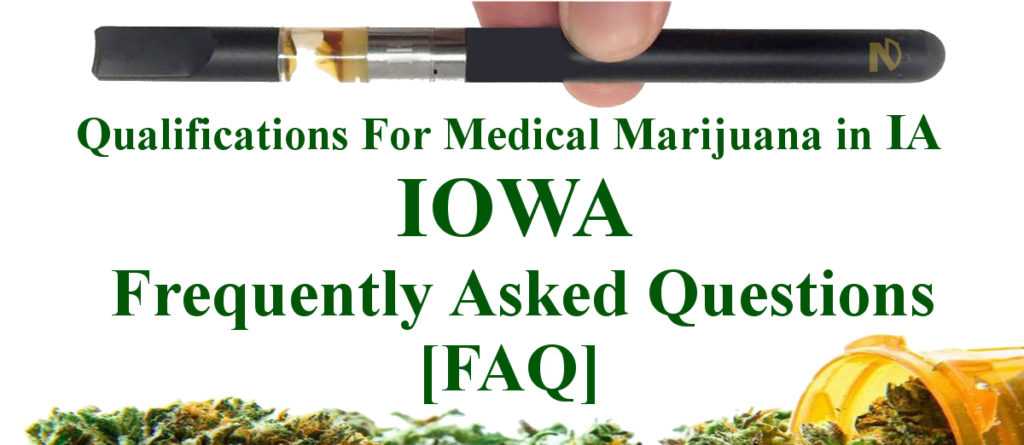
Qualifying Conditions for Legal Low THC High CBD Medical Marijuana in Iowa
In order to qualify for a medical marijuana card certification, patients must be suffering from at least one of the qualifying medical conditions outlined under MT law. These include:
- AIDS or HIV
- Amyotrophic lateral sclerosis (ALS)
- Autism
- Cachexia
- Cancer
- Chronic Pain
- Crohn’s disease
- Multiple Sclerosis
- Parkinson’s disease
- Seizures
- Severe nausea
- Severe vomiting
- Terminal illness, with a probable life expectancy of under one year
- Ulcerative Colitis
- Wasting Syndrome

Get Started:
For potential Iowa medical marijuana patients we makes it easy to connect with a recommending med card doctor. You will also receive updates & news relative to marijuana in Iowa. If you are interested simply fill out the patient registration form and a clinic representative will contact you as available. Legal Residents Only Please.

MedCard Registration Form

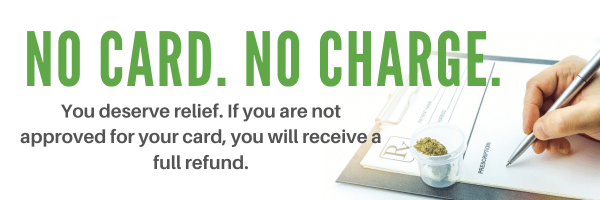
Q&A Other Important Information About Iowa Marijuana Cards
Who Can Use Medical Marijuana?
Iowa law has several requirements for patients to be eligible to receive medical cannabis. A Patient may be entered into the Iowa Medical Medical Cannabidiol Program Registry if:
- A patient must have been diagnosed with a qualifying condition as stated above.
- A patient must be an Iowa resident.
- A patient must be issued a registry ID card from the Iowa Medical Cannabidiol Program
How do I register online for my medical marijuana card?
- Applications are available online at the Office of Medical Cannabidiol Website
How much does a Medical Cannabis Card Cost in IA?
- $100 per patient or reduced fee of $25 if the patient is on Social Security, Medicaid, or HAWK-I.
Do I have to carry my card to use medical marijuana?
- You must carry your med card at all times while you are in possession of marijuana for medical use.
How Long Is a Iowa Marijuana Card Good?
- 1 year
My Iowa Medical Marijuana Card has Expired. How to Renew My Card?
- Questions related to the application or renewal process may be directed to IDPH by calling 515-281-5616. All calls will be returned within 48 hours of receipt during regular office hours, Monday through Friday, 8:00a.m. – 4:30p.m.
Where will I get my Medical Marijuana Registry Card? Will it be mailed to me?
- Yes, your card will be mailed.
What happens if I lose my card?
- Notify the Medical Cannabidiol Program at 515-281-5616 as soon as possible
The information on my card is wrong or outdated. How do I correct it?
- Notify the Medical Cannabidiol Program at 515-281-5616 as soon as possible
Once I have my Iowa MedCard, Where Can I Buy Medical Low THC High CBD Products?
- Iowa is currently accepting applications for cultivators and distributors. They are expecting CBD to be available early 2021. Look for dispensaries near you on our dispensary map here.
Where can I find doctor in IA that will recommend MMJ? Does Iowa publish a list of certified doctors?
- Any doctor licensed to practice medicine in the state of Iowa may submit the certification to the registry for the qualified patient so long as a doctor – patient relationship has been established. Check the map to find marijuana doctors in Iowa as they get going.
IA LOw THC High CBD Medical Marijuana FAQ's
Frequently asked questions we receive regarding IA medical marijuana.
Once I have my Iowa med marijuana card can I grow my own?
- No
How much CBD can I possess?
- This is not addressed in the law.
Can I take medical cannabis to a Different State?
- According to current laws patients who obtain a medical card should use medical marijuana in Iowa only.
- Medical marijuana patients may face federal and local charges of transporting marijuana if they cross state lines with the drug. This is true even if the states between which they are traveling allow medical marijuana. Should you need to travel with your marijuana it would be best to contact the state’s Bureau of health to understand the exact laws of the state you are traveling to in order to not risk breaking the law.
What is the difference between CBD & THC?
- Psychoactive Vs. Non-Psychoactive. THC creates a euphoric effect due to the way it connects to the bodies endocannabinoid system. The endocannabinoid system has been recently recognized as an important modulatory system in the function of brain, endocrine, and immune tissues. Cannabidiol, or CBD reacts differently and is used with patients that require or prefer non euphoric care.
Will CBD or Hemp oil get me high?
- No
I see CBD Oils, Edibles, Creams, & Gummies for sale online, in commercials and signs at shops around town, is CBD Oil legal in Iowa?
- Hemp CBD oil which is derived from the hemp plant is legal throughout the United States. The cannabis derived low-THC high-CBD Medicines are only legal in states with an approved medical marijuana program.
Where can I get Hemp Based CBD products online?
Is CBD for Pets really a thing?
- Yes, CBD for Dogs, CBD for Cats, and CBD for pets in general is becoming a popular treatment for caring for pets that have arthritis, chronic pain and other ailments. The efficacy and safety of CBD for dogs, cats, and other pets have not been evaluated by the Food and Drug Administration. The FDA only evaluates foods and drugs, not supplements like these products.
Where can I get CBD for pets?
- You can find CBD for pets some pet stores, retail and at holistic shops.
- Buy CBD for pets online.
I Recently Read An Article That Recreational Weed Was Legal In Iowa, Is This True?
- No. Recreational Marijuana and Recreational Dispensaries Are NOT LEGAL in Iowa – The Article was Fake News.
Are THC Infused edibles allowed in IA?
- Marijuana edibles, or cannabis in any form is not legal in the state.
How Much Should I consume?
- We do not give medical advice. You should always consult with a licensed physician before using medical marijuana in any forms.
What is a Cannabinoid?
A cannabinoid is a class of chemical compounds that occurs naturally in plants and animals. There are more than 100 different naturally occurring cannabinoids. Are Cannabidiol and other Cannabinoids considered Marijuana? Until recently, the most well-known compound in cannabis was tetrahydrocannabinol (THC). This is the psychoactive ingredient in marijuana. Marijuana also contains other cannabinoids, including CBD. THC is well-known for the mind-altering “high” it produces when broken down by heat and introduced to the body, such as when smoking the plant or cooking it into foods. CBD and other cannabinoids are not psychoactive. This means they do not change the state of mind of the person who uses them. However, cannabinoids do appear to produce significant changes in the body, and may have medical benefits.
How do Cannabidiol and other Cannabinoids Work?
CBD and other cannabinoids attach themselves to certain receptors in the body to produce their effects. The human body produces certain cannabinoids on its own, and has two receptors, called CB1 and CB2 receptors. CB1 receptors are found all around the body, but many of them are in the brain. In general, the CB1 receptors in the brain deal with coordination and movement, pain, emotions and mood, thinking, appetite, and memories. THC attaches to these receptors. CB2 receptors are more common in the immune system. They have an effect on inflammation and pain. It used to be thought that CBD acts on these CB2 receptors, but it appears now that cannabinoids do not act on either receptor directly. Instead, they seem to influence the body to use more of its own cannabinoids. Potential Health Benefits Because of the way CBD and other cannabinoids act in the body, they may have some potential health uses. Certain research (including both cell culture and animal models) has shown cannabinoids to have a range of effects that may be therapeutically useful, including anti-seizure, antioxidant, neuroprotective, anti-inflammatory, analgesic, anti-tumor, anti-psychotic, and anti-anxiety properties.
How are Cannabidiol and other Cannabinoids Used?
CBD and other cannabinoids are taken orally, rubbed on the skin as a cream or an oil, and sometimes inhaled through vapor or used intravenously to produce their effects. Potential Side Effects and Health Risks Small-scale studies that have looked into the safety of CBD and other cannabinoids in adults have found that they are generally well tolerated across a wide range of doses. But because there are so many cannabinoids, not all have been well studied at this time.
Are there side effects of using CBD?
The most common side effects of CBD noted are:
- Fatigue/tiredness
- Diarrhea
- Changes in appetite or weight
- Dry mouth
- Low blood pressure
- Pregnancy and breast-feeding: There is not enough reliable information about the safety of taking CBD or other cannabinoids if you are pregnant or breast feeding.
- Parkinson’s disease: Some early research suggests that taking high doses of CBD might make muscle movement and tremors worse in people with Parkinson’s disease.
- There have been no known findings of significant central nervous system side effects, or effects on vital signs or mood among people who use CBD sparingly or more heavily.
